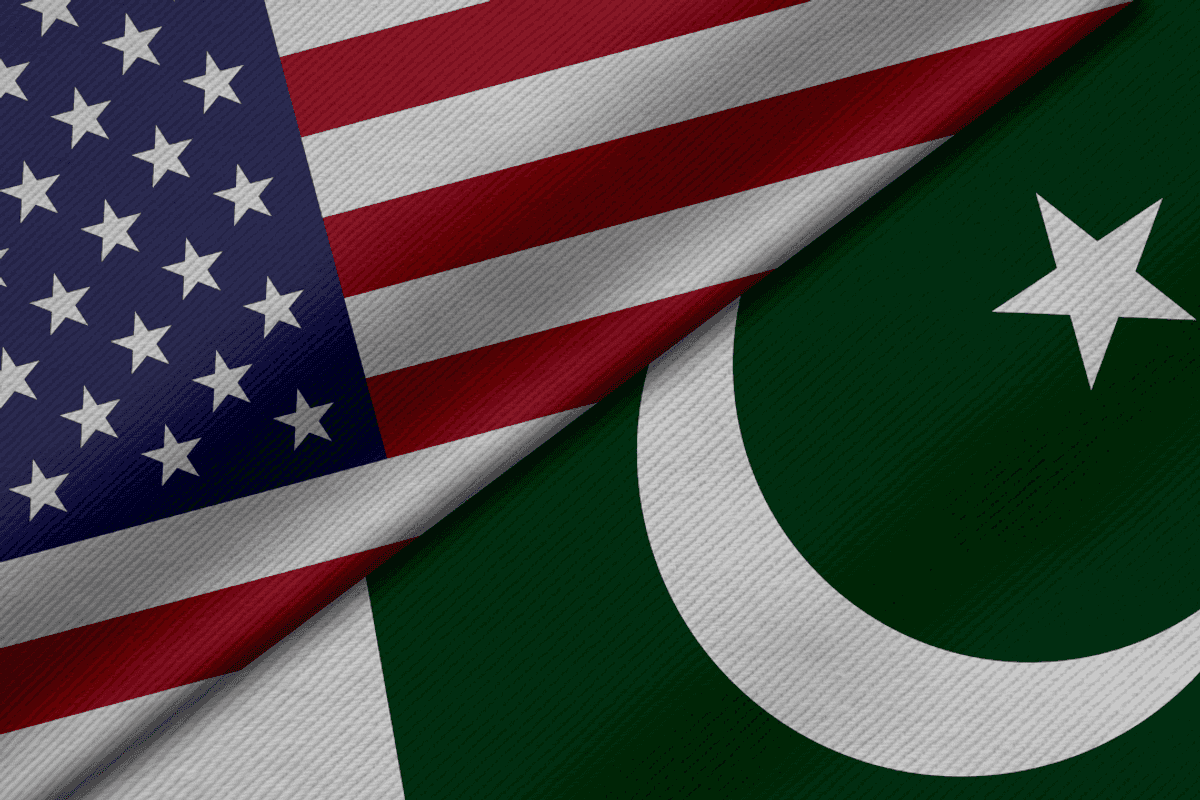Pakistan shares details of trade deal with US in parliament
The US has expressed strong interest in investing in Pakistan’s mineral sector, especially in critical raw materials
Business Desk
The Business Desk tracks economic trends, market movements, and business developments, offering analysis of both local and global financial news.

Shutterstock
Pakistan’s Ministry of Commerce has formally presented the key points of a landmark trade agreement between Pakistan and the United States in the National Assembly, revealing a strategic shift toward mineral exports, tariff adjustments, and greater market access for Pakistani goods.
According to the ministry, the U.S. has expressed strong interest in investing in Pakistan’s mineral sector, especially in critical raw materials such as copper, iron, steel, and aluminum.
The agreement outlines targeted U.S. import tariffs, including a 50% duty on several raw materials. However, refined copper has been exempted from this high tariff, opening a lucrative opportunity for Pakistan.
Moreover, Exim Bank is likely to pump in $500 million to $1 billion in copper-related projects once financial close has been achieved. “This exemption on refined copper makes its export to the U.S. highly beneficial for Pakistan,” a senior official from the Ministry of Commerce stated during the session.
The Ministry also emphasized that Pakistan holds the world’s fifth-largest copper reserves, positioning the country as a key potential player in the global mineral supply chain. “We aim to establish Pakistan as a reliable supplier of minerals on the global stage,” the ministry said.
Three-pronged strategy
To navigate the changing trade landscape, Pakistan’s Steering Committee, led by the finance minister, has devised a three-point strategy aimed at minimizing adverse effects on Pakistani exports. This strategy emerged from negotiations held by Pakistani working groups and officials with their American counterparts over the past several months.
The strategy focuses on: broadening the product base for export to the U.S., easing non-tariff barriers through regulatory cooperation, and gaining improved access to U.S. markets for low-duty Pakistani goods.
The ministry confirmed that both governments have agreed on a comprehensive framework. As part of this understanding, the U.S. has reduced tariffs on a range of Pakistani exports from 29% to 19%.
Additionally, the two sides will begin talks on restructuring taxes on a broader set of products, while also addressing non-tariff barriers (NTBs) that have hindered Pakistani exports, including compliance issues, certification hurdles, and logistical bottlenecks.
Analyst view
Economic analysts have cautiously welcomed the trade deal, particularly the U.S. interest in Pakistan’s minerals and the specific exemption for refined copper.
“This agreement could be a smart pivot if Pakistan uses it to move from exporting raw materials to higher-value, refined products,” said a trade economist. “But the key challenge will be upgrading refining infrastructure and ensuring environmental and labor standards that align with U.S. import requirements.”
He warned that the relief in tariffs won’t automatically translate into increased exports unless local producers receive policy support. “The cost of doing business in Pakistan remains high, and unless energy prices, logistics, and financing are improved, we might miss this opportunity.”
Reducing trade deficit
Currently, Pakistan runs a trade deficit with the United States, with imports consistently outpacing exports. As per the Commerce Ministry’s plan, increasing the volume and diversity of exports—especially in minerals and textile value chains—will help narrow this gap.
The ministry highlighted that it will now focus on identifying high-potential Pakistani products with competitive advantages and low existing tariffs in the U.S., ensuring that they receive better access under the new framework.







Comments
See what people are discussing